Screening of “Working Woman” raises a discussion on sexual harassment in workplace
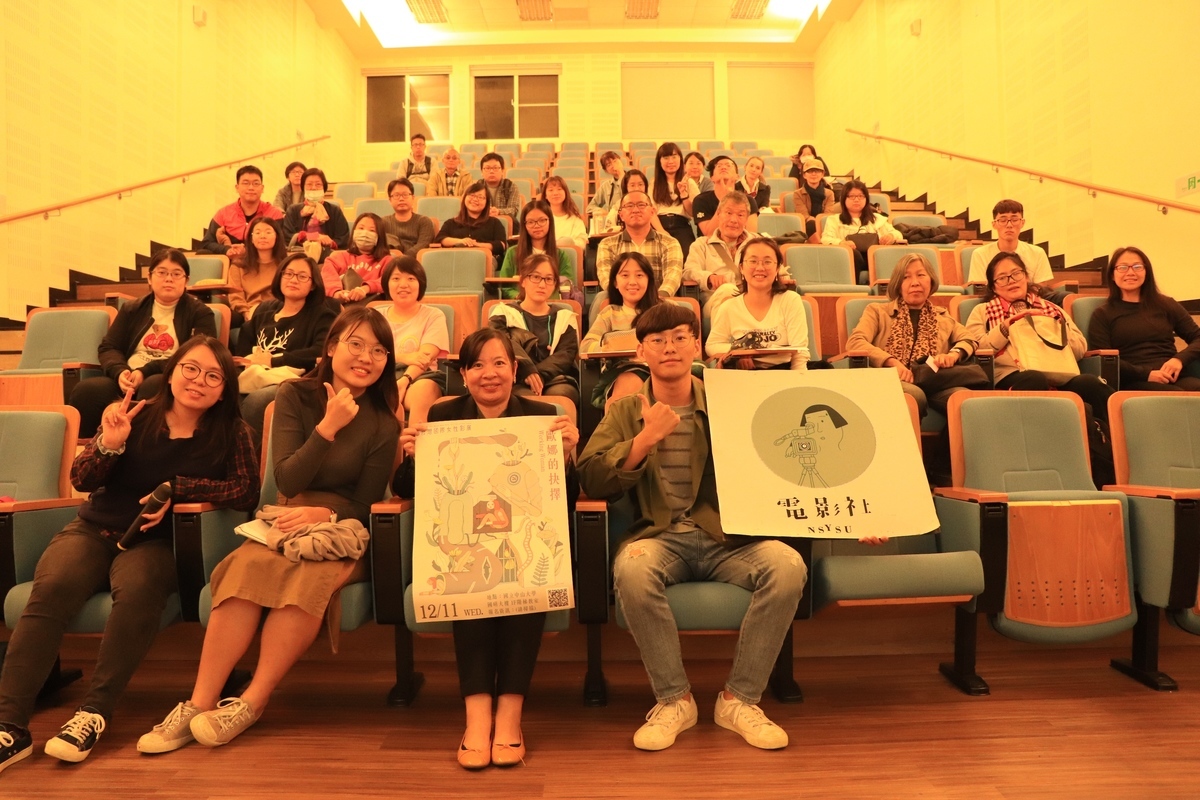
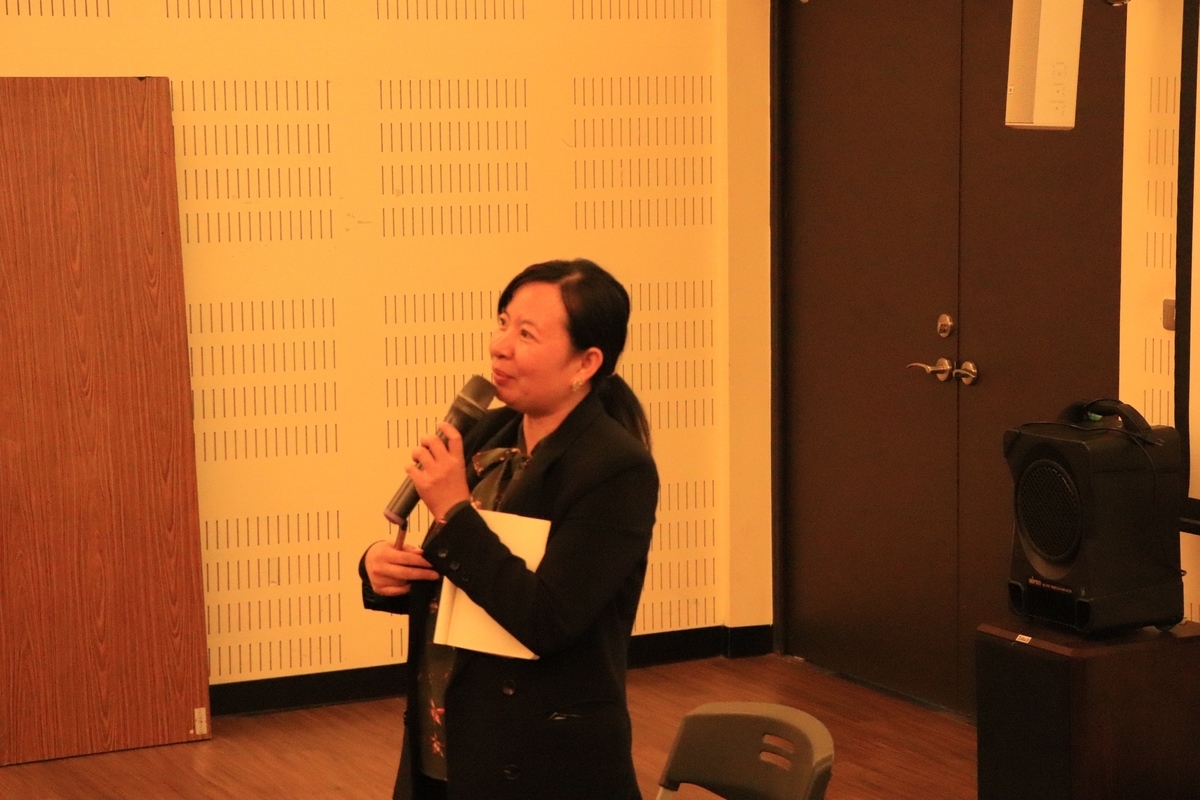
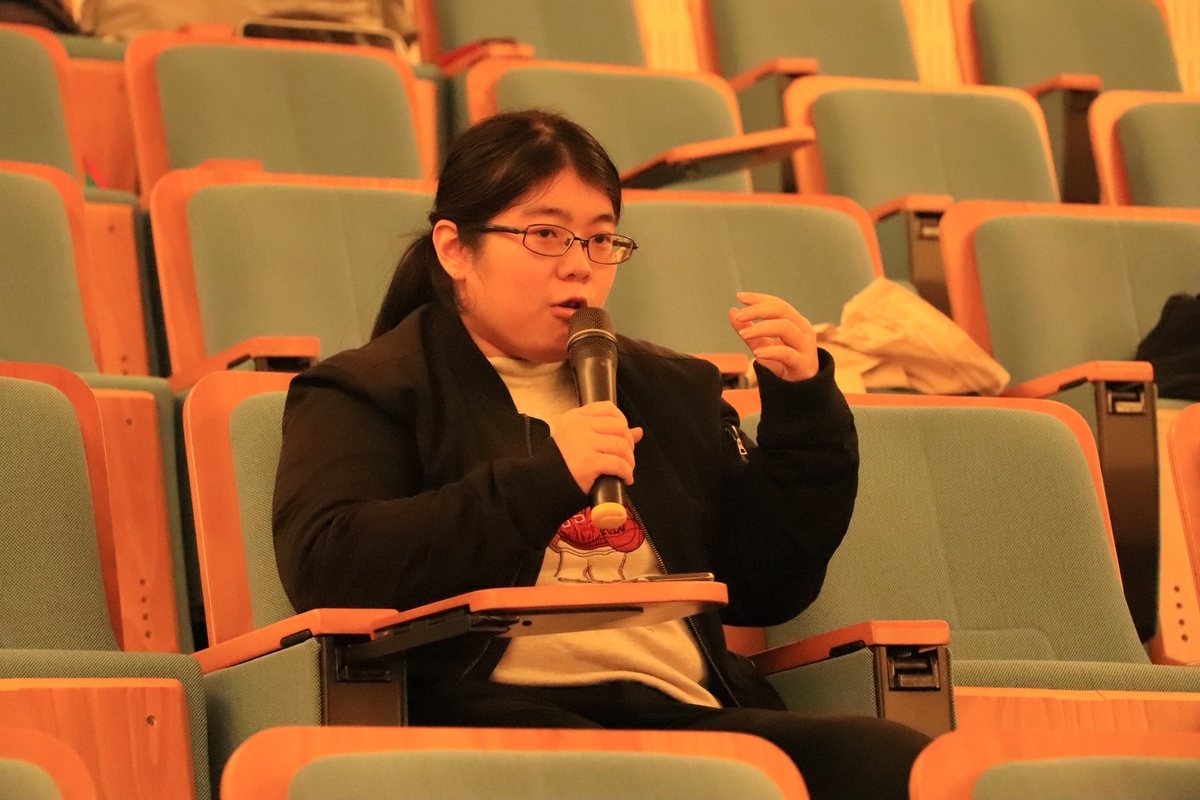
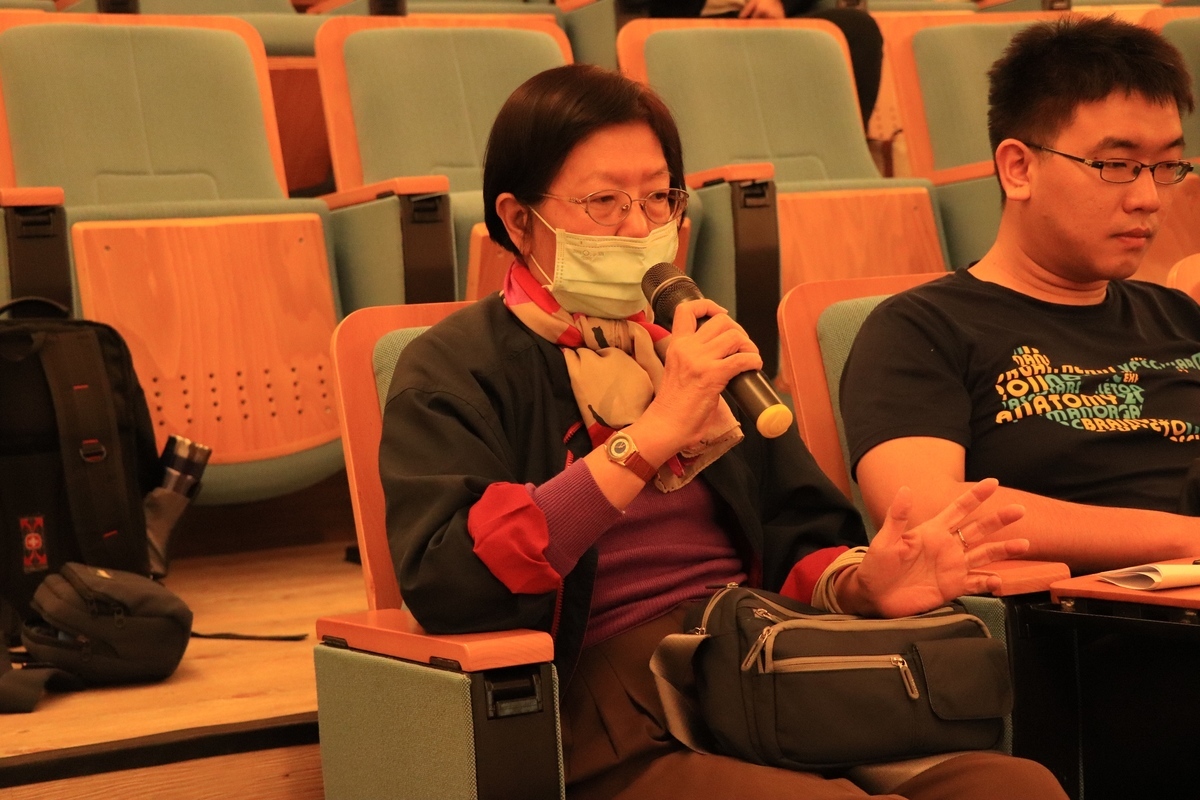
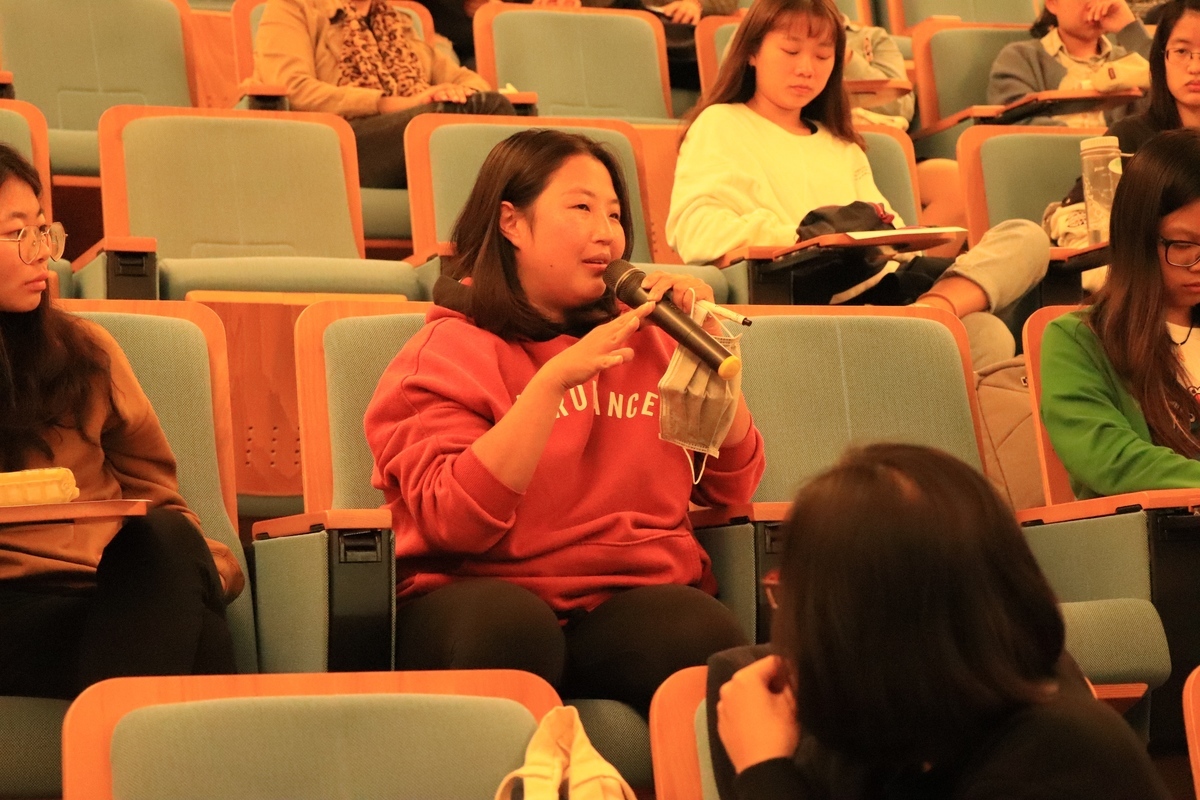
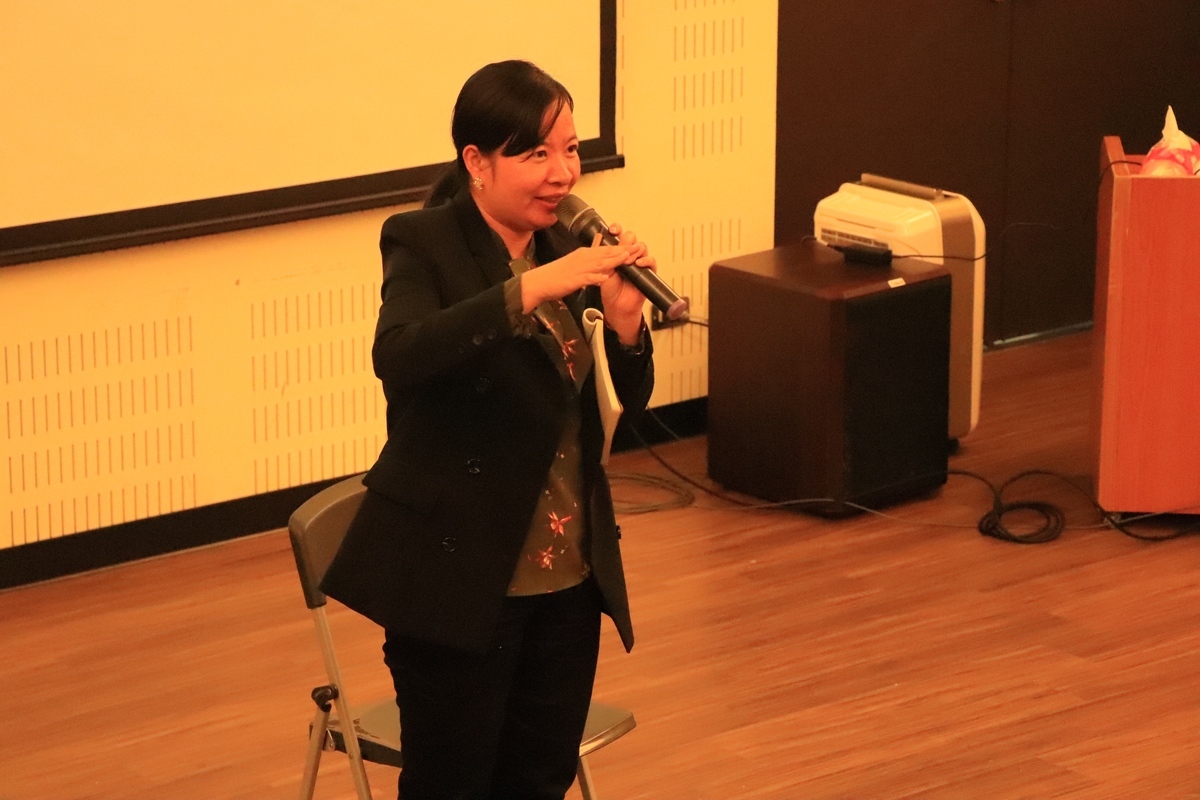
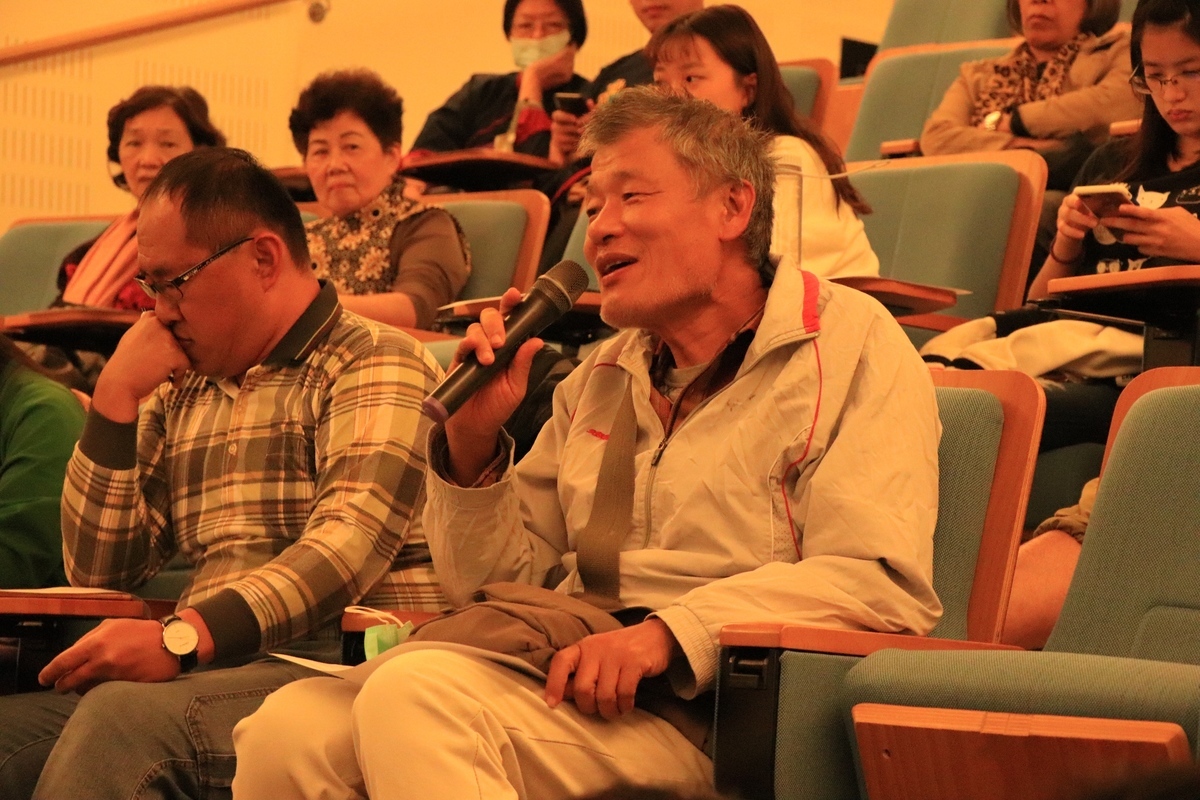
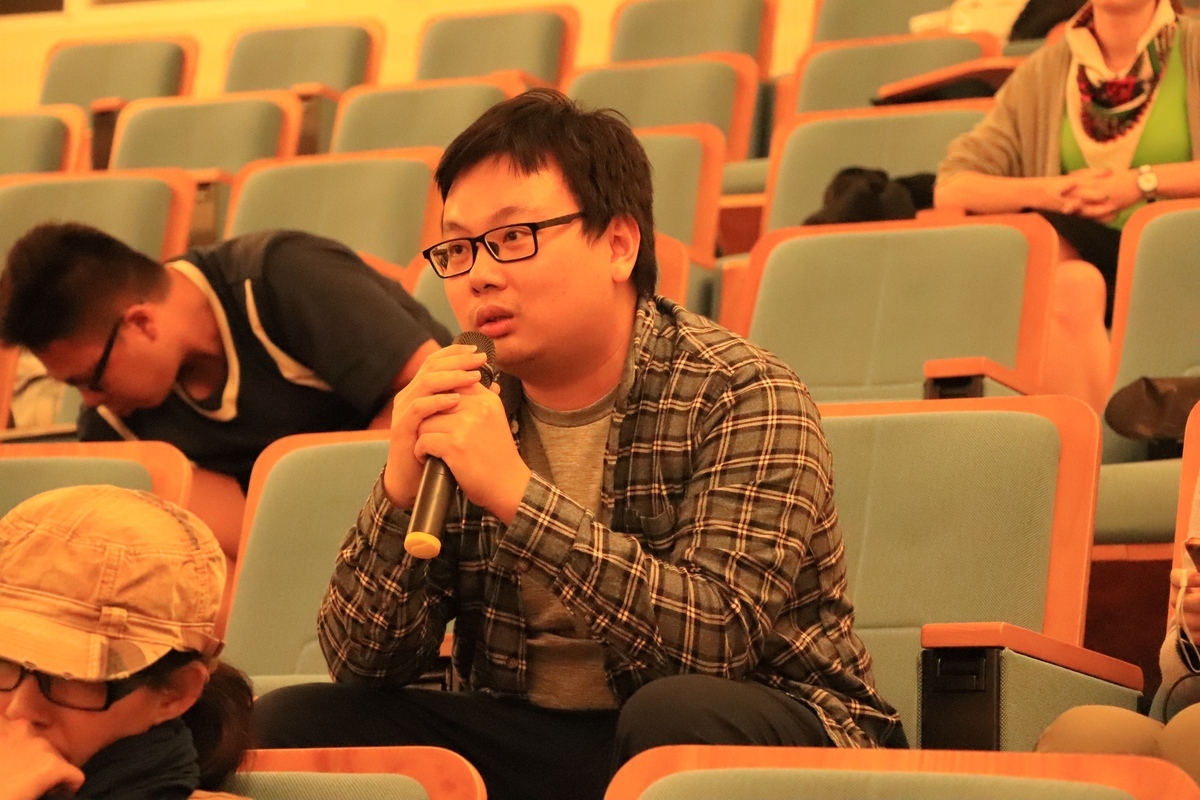
(Report by student journalist) The #MeToo movement started in 2017 and has drawn much attention to the issues of sexual harassment and gender equality in workplace. Women Make Waves International Film Festival (WMWIFF), NSYSU Gender Equity Education Committee, NSYSU Film Club, NSYSU Gender Friendly Club, and NSYSU Art Center jointly organized the screening of the Israeli film “Working Woman”, inviting the former director of WMWIFF Ting-Ching Yu, who led a heated debate on the prevention measures and reporting of sexual harassment in workplace.
The screening of “Working Woman” attracted a lot of attention from students and faculty as well as participants from outside the University, including stay-at-home mother who just left her job and people who experienced sexual harassment at work and joined the discussion. What measures does the University undertake for the prevention and reporting of sexual harassment? Ms. Ting-Ching Yu, who is also one of the members of the Gender Equity Education Committee, talked about the channels to refer to if one experiences harassment. Sometimes the victim feels so threatened by his/her oppressor, that he/she cannot get oneself together to react. And how to collect evidence? Ms. Yu said, that sexual harassment does not always take the form of physical contact; sometimes it can be also purely verbal, however, it always causes psychological harm.
Ms. Yu also asked about male participants’ opinion about the film’s main character – Orna, a working mother sexually harassed by her boss. A participating professor said that to prevent harassment, private space should be turned into public space; when a female student comes to his office to discuss an issue, he asks her to keep the door open to avoid any misunderstandings. Ms. Yu also emphasized the importance of prevention, as reporting the case is one more emotional trauma to the victim. The main character, Orna, was blamed by her husband at first, and this even worsened her emotional state. It is also vital to keep any evidence of harassment; Ms. Yu recalled the scene in which Orna threw the clothes she wore when she was assaulted to the trash bin.
Ms. Yu said that one cannot turn a deaf ear to sarcastic remarks or vulgar jokes, whether intentional or not, in workplace or even during family gatherings. She asked the audience to reflect on whether these incidents are more or less likely to happen in our modern society in Taiwan. In the end, the main character of the film decided to file a resignation and waited for the right moment to request her ex-boss to sign the letter of recommendation. Orna did not seek punishment for her ex-boss; Ms. Yu commented saying that it is vital that the victim fights for one’s rights if a harassment incident happens.
(Edited by Public Affairs Division)
The screening of “Working Woman” attracted a lot of attention from students and faculty as well as participants from outside the University, including stay-at-home mother who just left her job and people who experienced sexual harassment at work and joined the discussion. What measures does the University undertake for the prevention and reporting of sexual harassment? Ms. Ting-Ching Yu, who is also one of the members of the Gender Equity Education Committee, talked about the channels to refer to if one experiences harassment. Sometimes the victim feels so threatened by his/her oppressor, that he/she cannot get oneself together to react. And how to collect evidence? Ms. Yu said, that sexual harassment does not always take the form of physical contact; sometimes it can be also purely verbal, however, it always causes psychological harm.
Ms. Yu also asked about male participants’ opinion about the film’s main character – Orna, a working mother sexually harassed by her boss. A participating professor said that to prevent harassment, private space should be turned into public space; when a female student comes to his office to discuss an issue, he asks her to keep the door open to avoid any misunderstandings. Ms. Yu also emphasized the importance of prevention, as reporting the case is one more emotional trauma to the victim. The main character, Orna, was blamed by her husband at first, and this even worsened her emotional state. It is also vital to keep any evidence of harassment; Ms. Yu recalled the scene in which Orna threw the clothes she wore when she was assaulted to the trash bin.
Ms. Yu said that one cannot turn a deaf ear to sarcastic remarks or vulgar jokes, whether intentional or not, in workplace or even during family gatherings. She asked the audience to reflect on whether these incidents are more or less likely to happen in our modern society in Taiwan. In the end, the main character of the film decided to file a resignation and waited for the right moment to request her ex-boss to sign the letter of recommendation. Orna did not seek punishment for her ex-boss; Ms. Yu commented saying that it is vital that the victim fights for one’s rights if a harassment incident happens.
(Edited by Public Affairs Division)
Click Num:
Share
